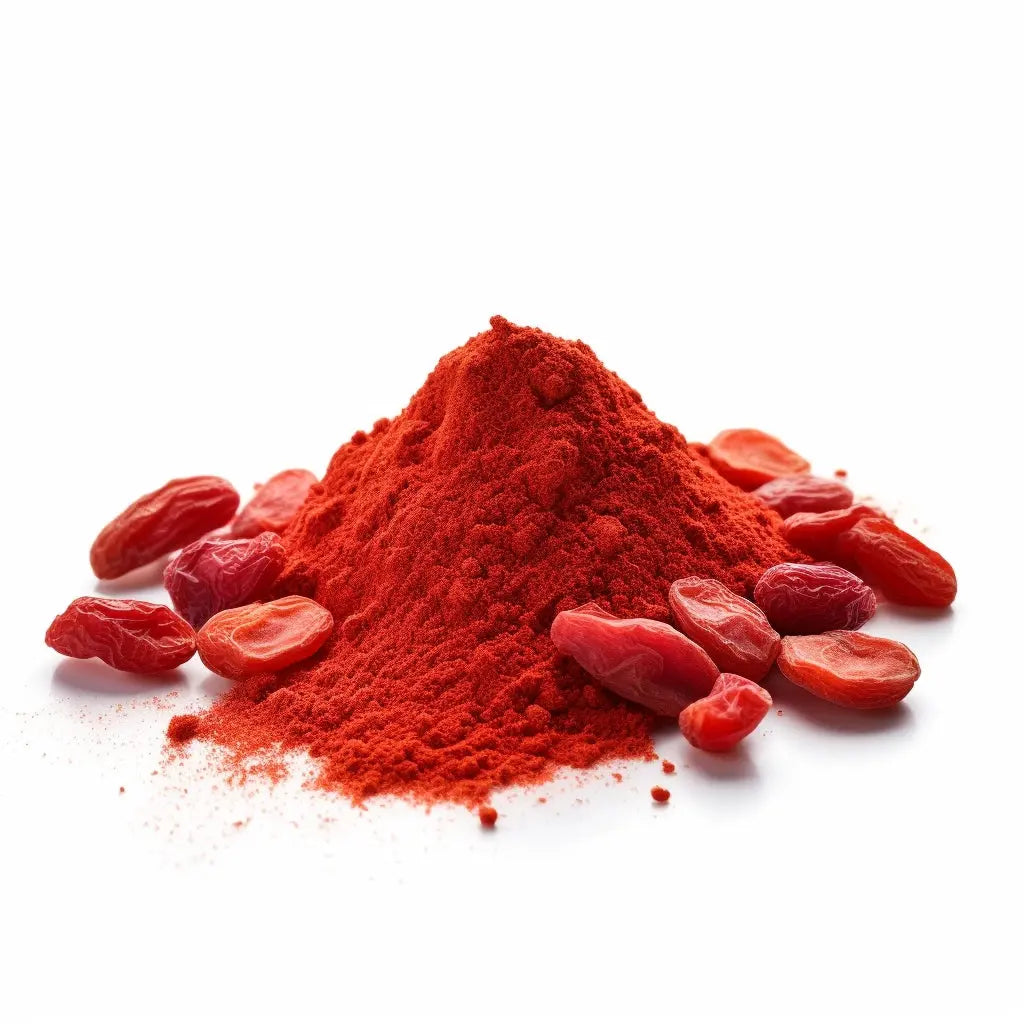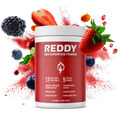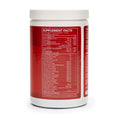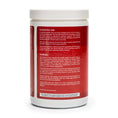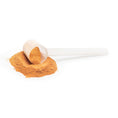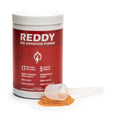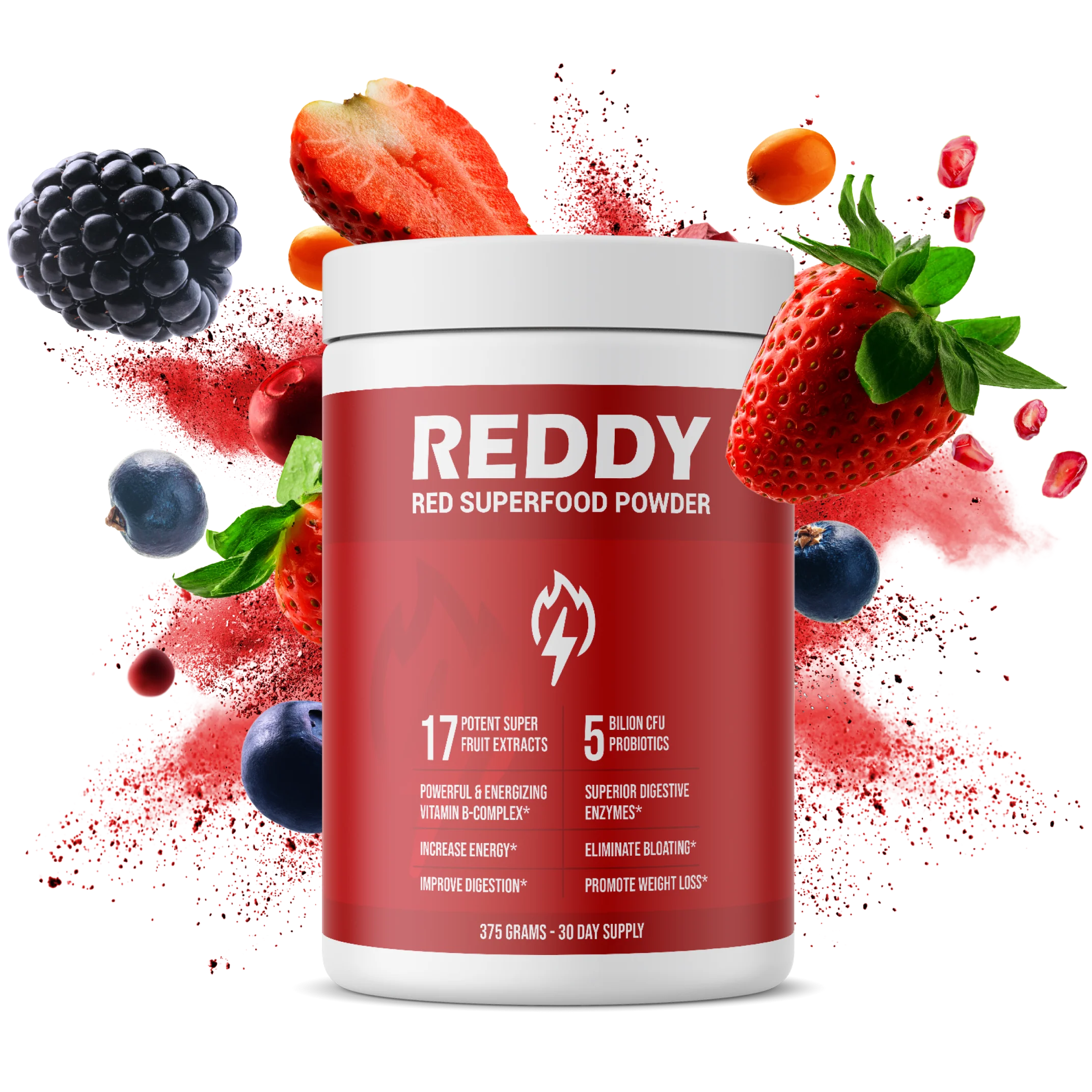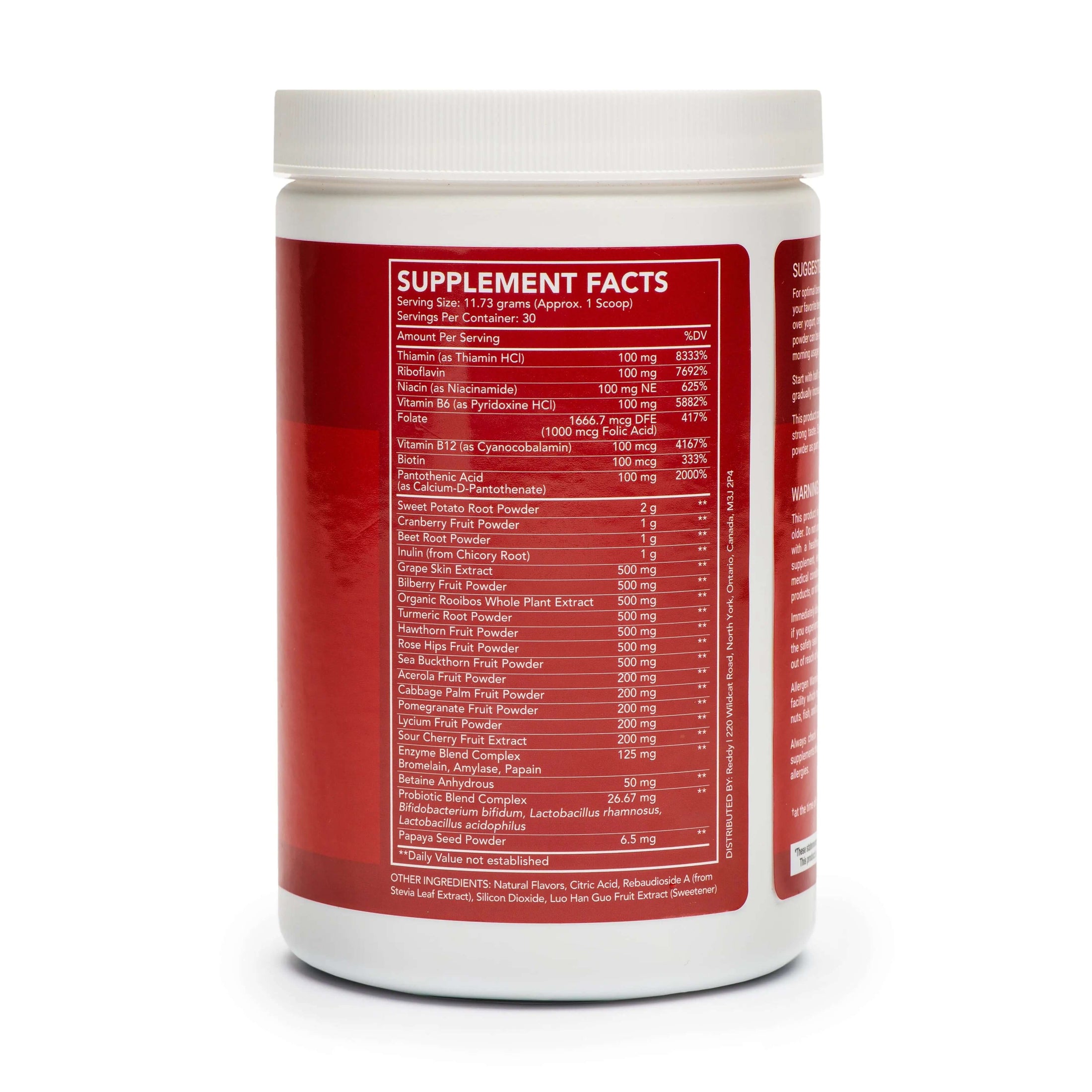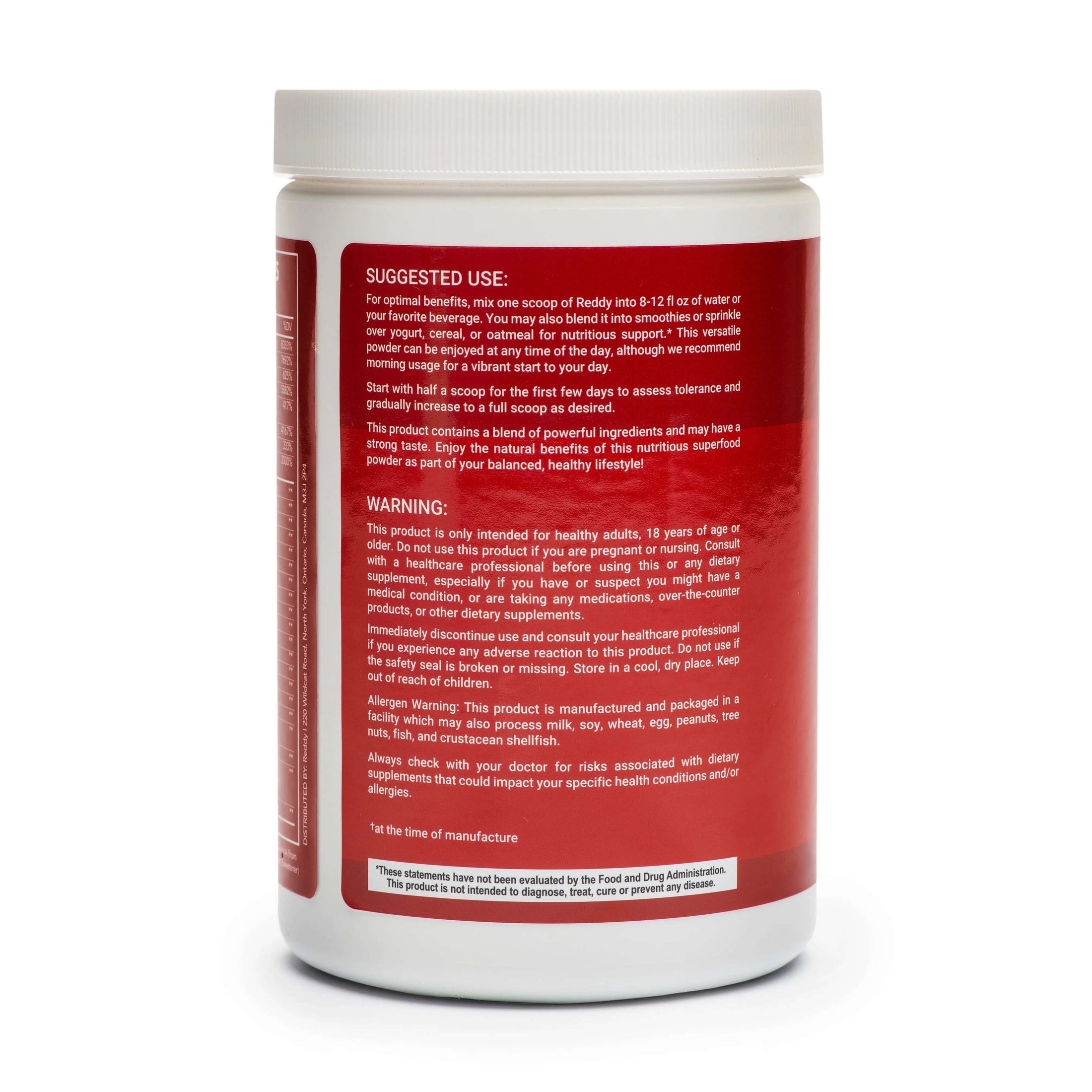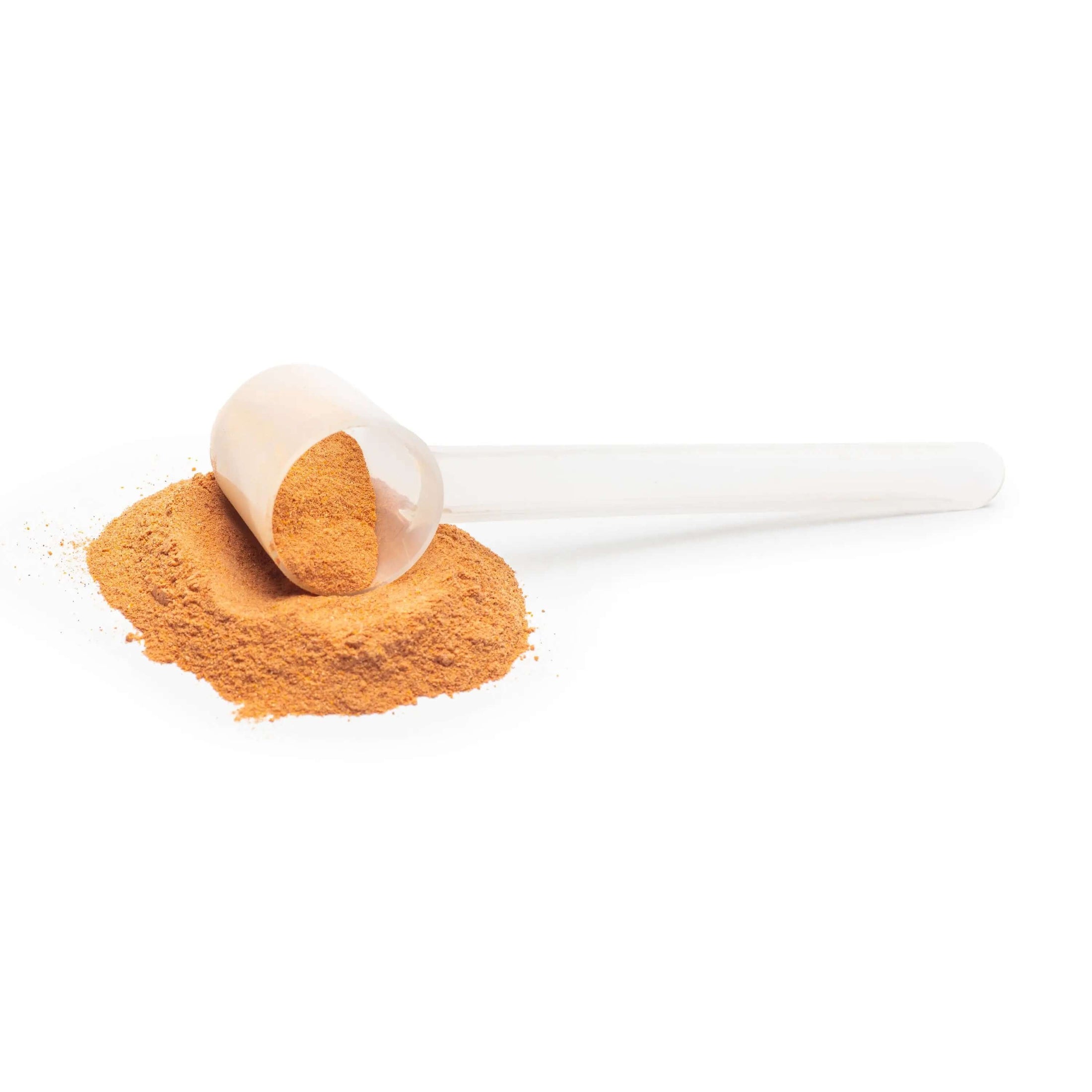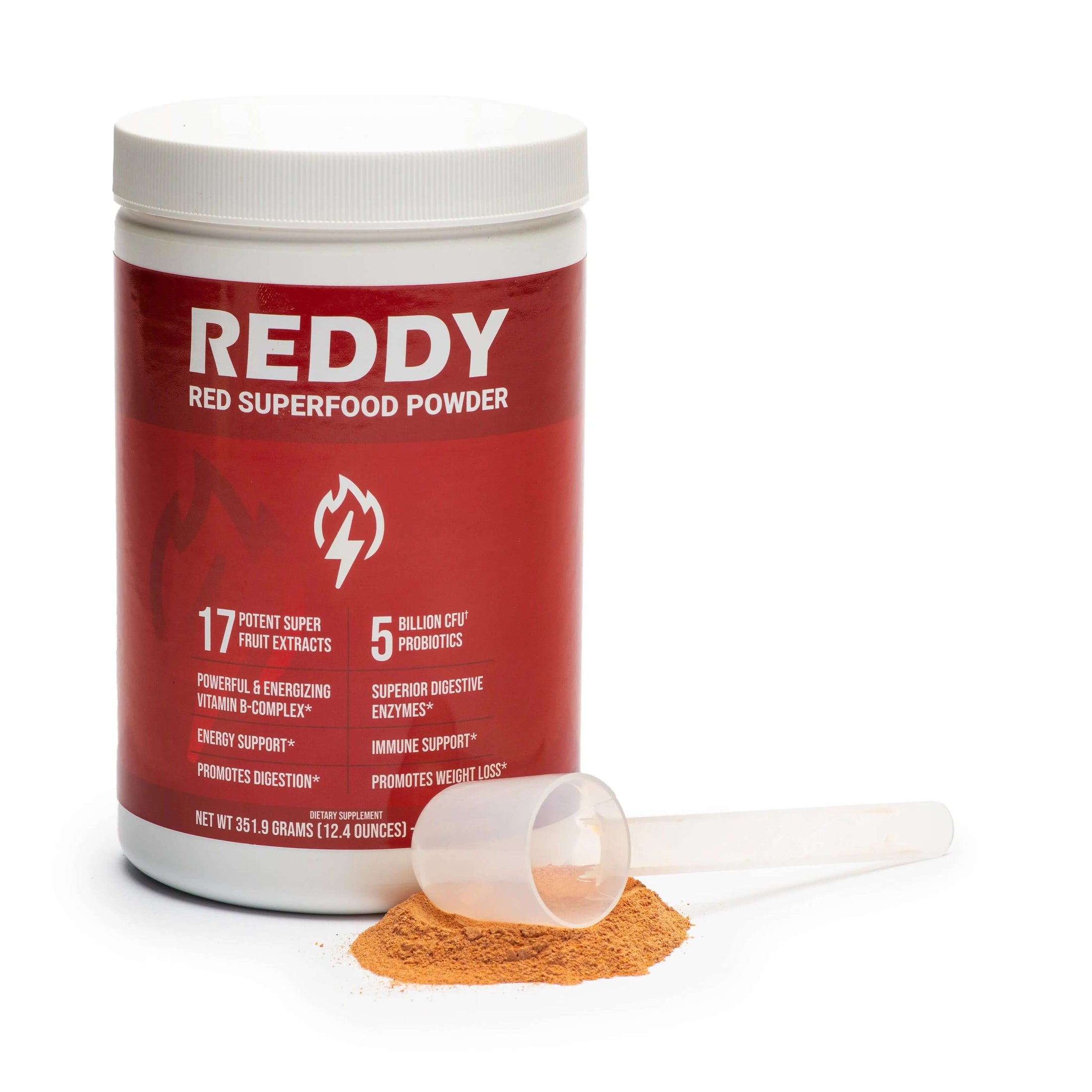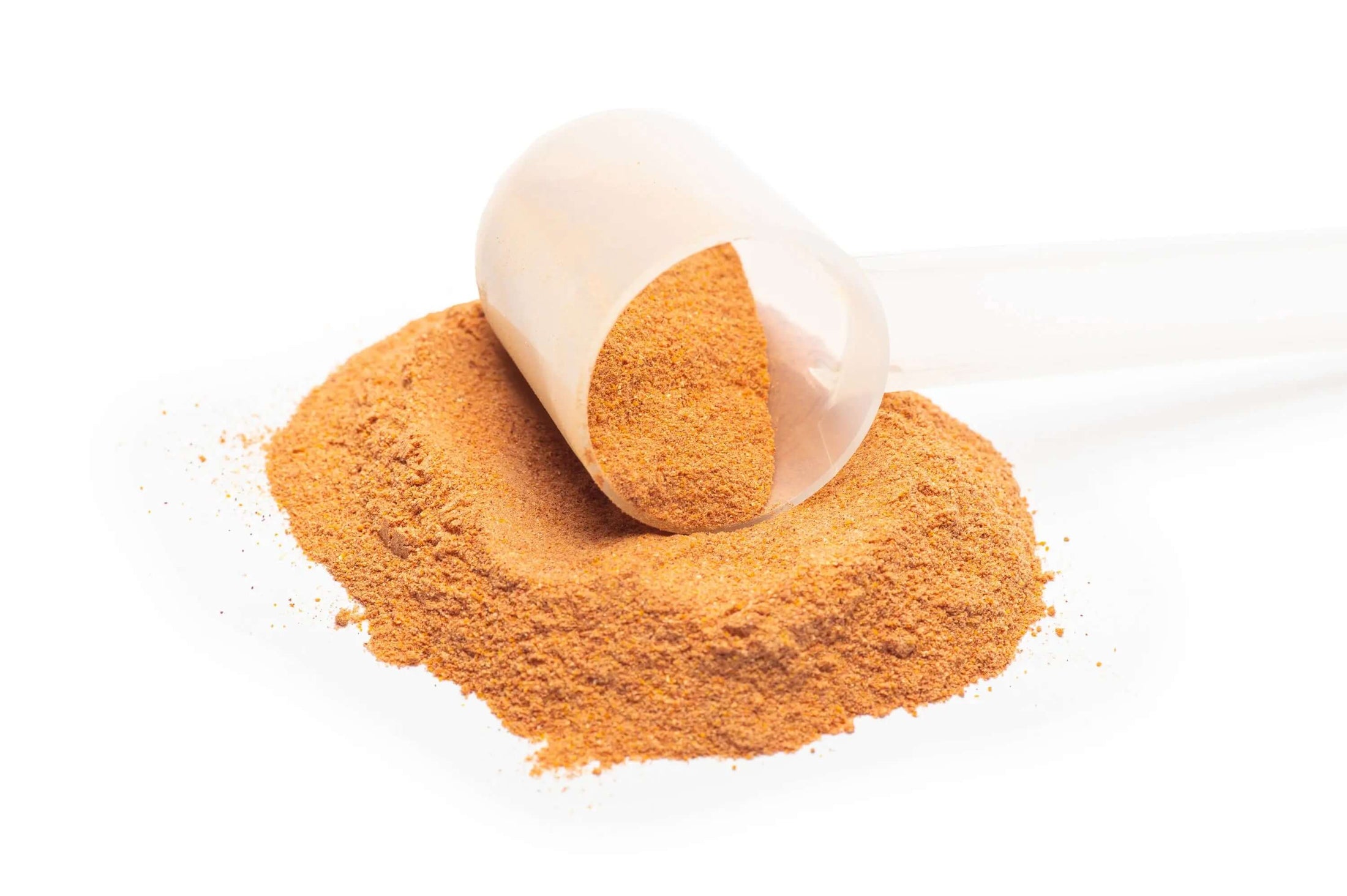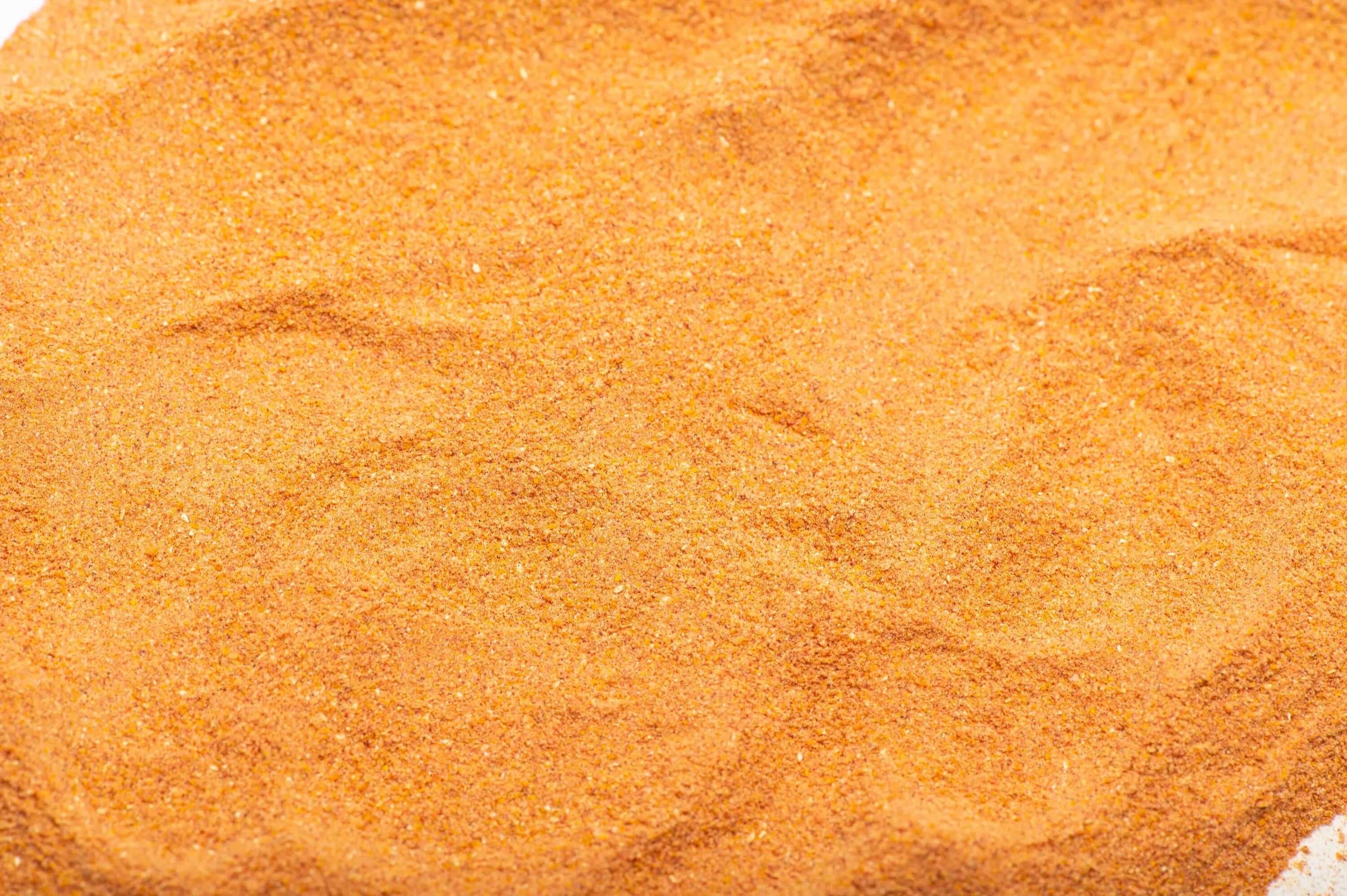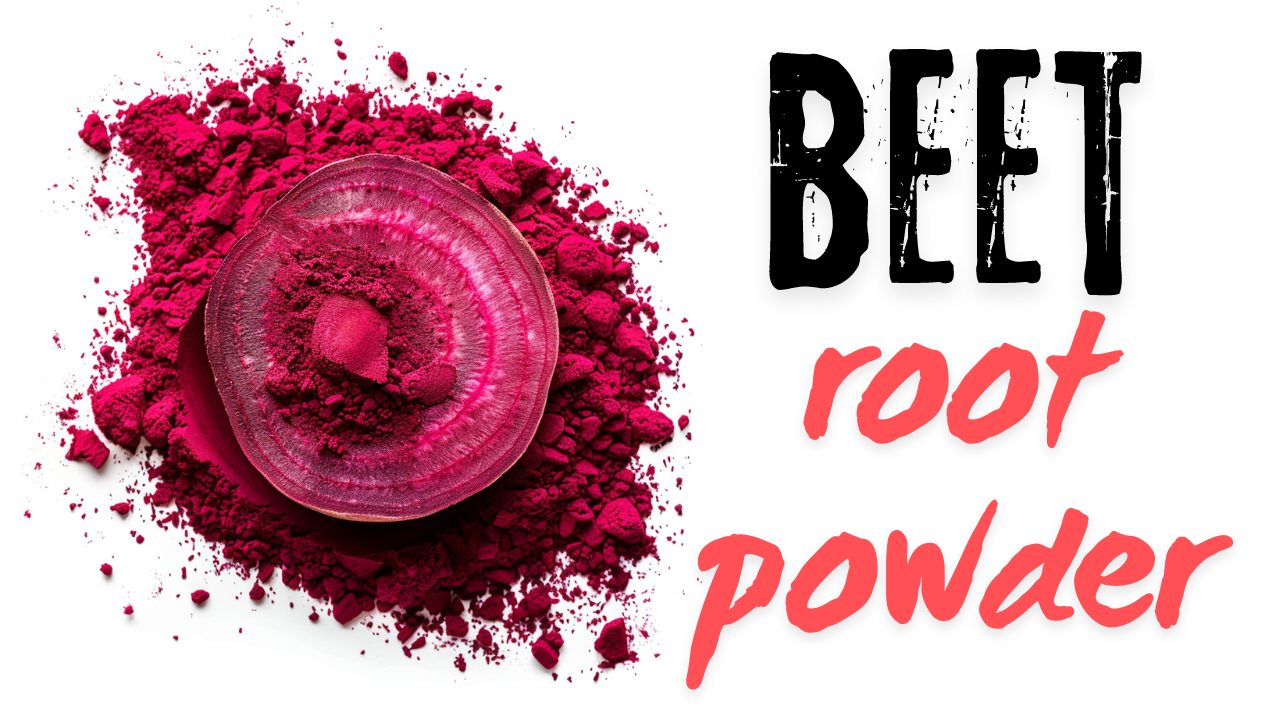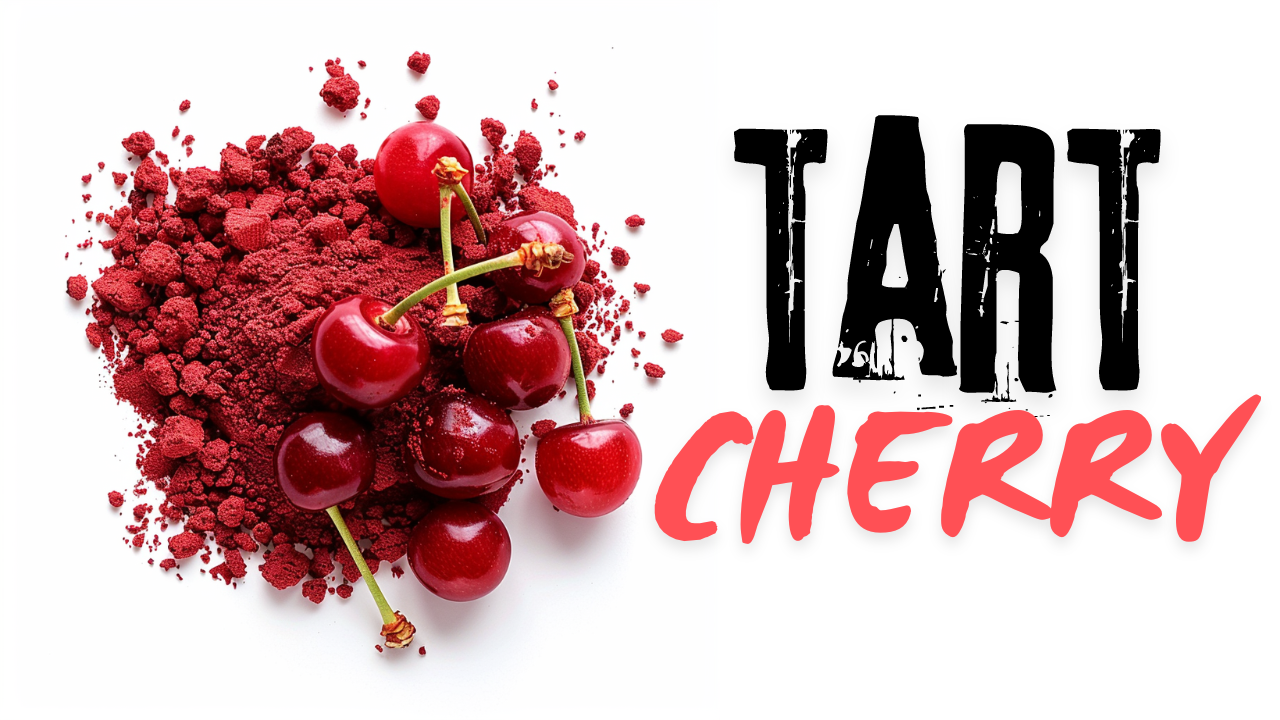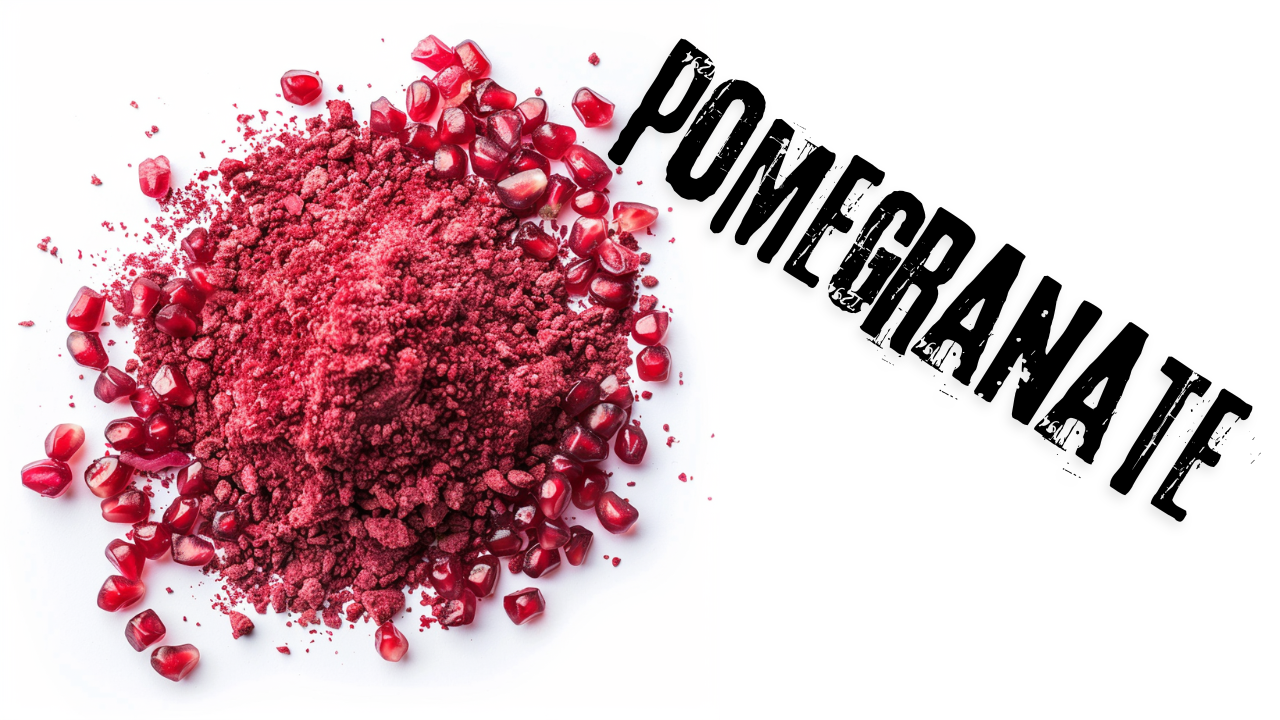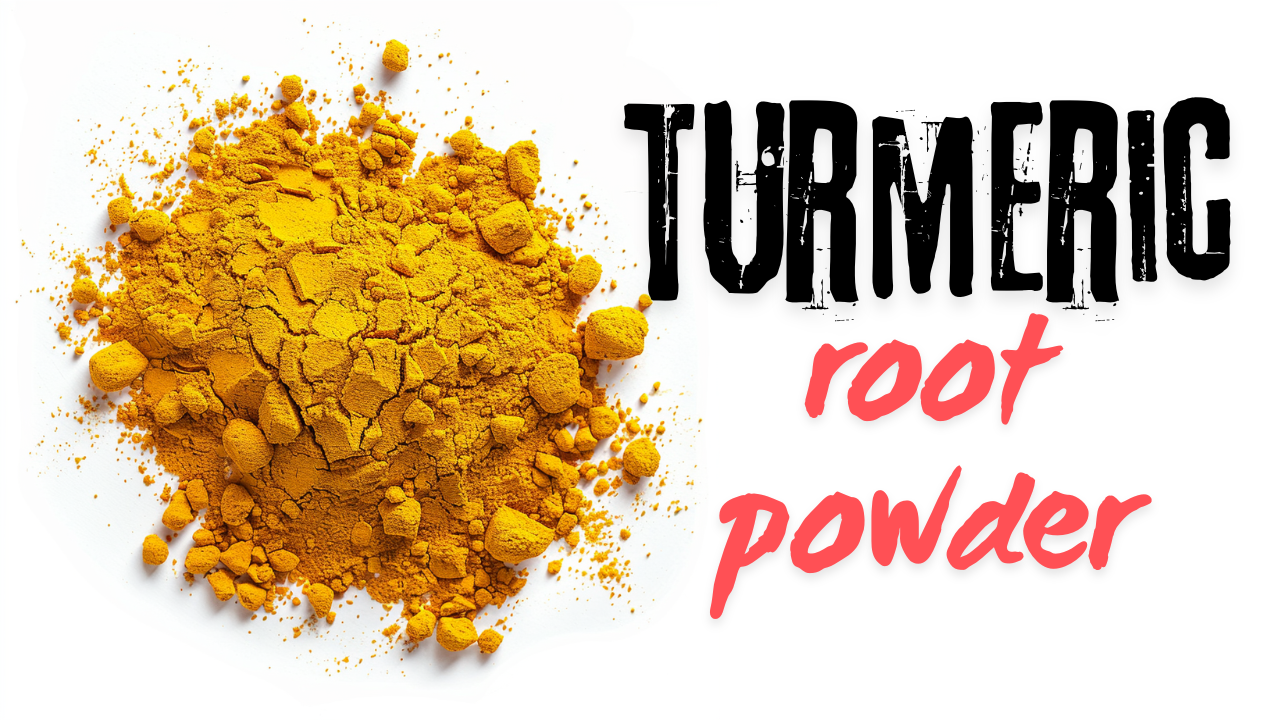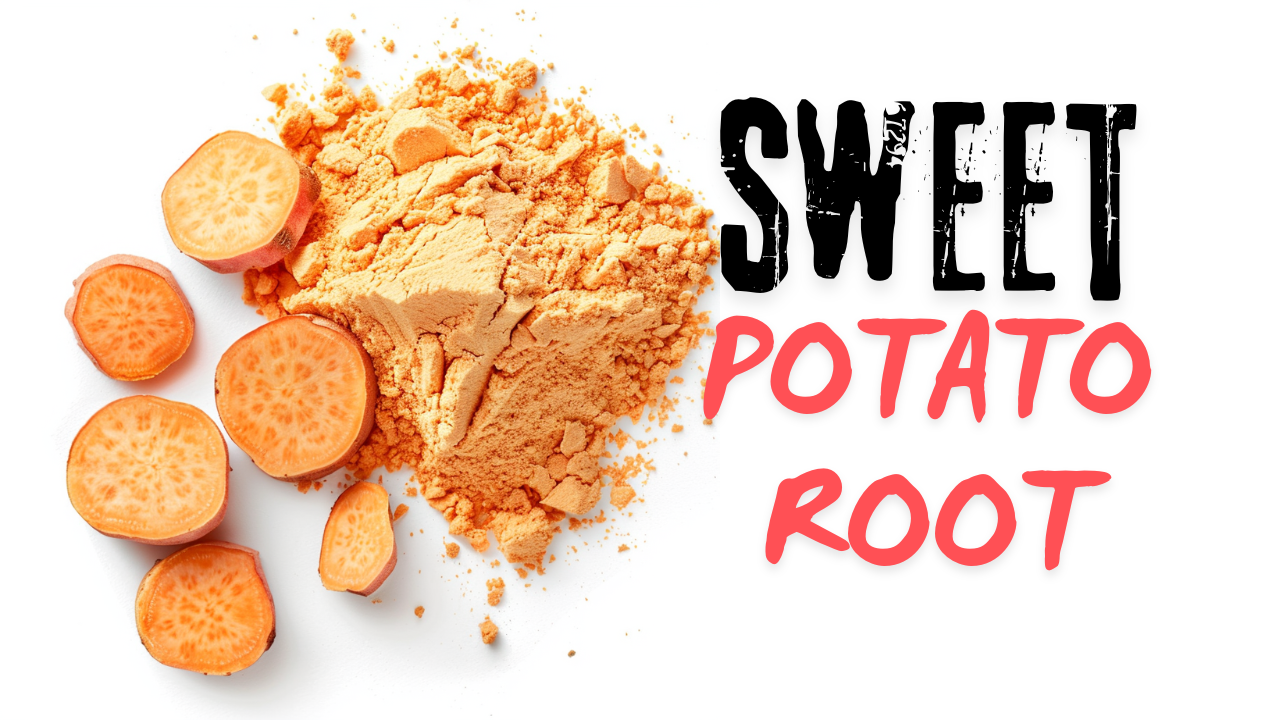Grape Skin Extract:
- Provides benefits against diseases like inflammation, cardiovascular disease, and diabetes [8: PMC].
- May confer health benefits including protection against heart disease and certain cancers [9: PubMed].
- Long-term effect on blood pressure and heart rate [10: PubMed].
- Contains bioactive compounds with antioxidant and anti-inflammatory effects [11: MDPI].
- Whole grape, including resveratrol, shows promise in health promotion and disease management [12: NCBI].
Rose Hips:
- Demonstrated anti-inflammatory activity and clinical benefits in conditions such as osteoarthritis and rheumatoid arthritis [20: PubMed].
Sea Buckthorn:
- Offers cardioprotective activity and positive effects on the cardiovascular system [26: PubMed].
Turmeric Root:
- Curcumin has antioxidants and anti-inflammatory properties, potentially aiding in diseases where inflammation is a factor [34: Cleveland Clinic].
- May help in maintaining remission in ulcerative colitis [35: Cleveland Clinic].
- Could improve memory performance in adults [36: Cleveland Clinic].
- Might reduce pain from osteoarthritis [37: Cleveland Clinic].
- Exhibits antioxidant properties, protecting the body from free radicals [38: Cleveland Clinic].
- Could help reverse the heart disease process [39: Cleveland Clinic].
- May assist in managing cholesterol levels [40: Cleveland Clinic].
- Shows potential in boosting BDNF levels and affecting depression [41: Cleveland Clinic].
- May impact cancer growth and development [42: Cleveland Clinic].
Hawthorne Berry:
- Mechanisms include blood lipid-lowering, anti-oxidative, anti-inflammatory, and vascular endothelial protection [50: NCBI].
Beet Root Powder:
- Can boost physical performance and stamina by increasing blood flow and oxygen delivery [56: Cleveland Clinic].
- Improves performance in endurance activities [57: Cleveland Clinic].
- May have benefits in activities focusing on power and acceleration [58: Cleveland Clinic].
Acerola Cherry:
- Known for its high Vitamin C content, acerola is an effective natural supplement for cold and flu [64: Healthline].
- Linked to skin health, improved digestion, cancer prevention, and more. Benefits include reducing inflammation, free radical damage, and supporting heart and brain health [65: Dr. Axe].
- Vitamin C intake from acerola can reduce symptoms and duration of the common cold, and plays a role in collagen production, contributing to wound healing and stronger skin and hair [66: Foods for Better Health].
- Vitamin C in acerola juice is absorbed more efficiently and excreted slower than synthetic ascorbic acid [67: MedicineNet].
- Strengthens the immune system due to its high phytonutrient content [68: Global Healing].
Acai Berry:
- A preliminary study suggested that eating acai fruit pulp might reduce blood sugar and cholesterol levels in overweight individuals. Laboratory studies have focused on acai's potential antioxidant properties [72: NCCIH].
- Consumption of acai berries may help reduce cholesterol and blood sugar levels in people with excess weight [73: Medical News Today].
- Contains many antioxidants, healthy fats, and fiber. Its nutritious composition makes it beneficial for health [74: Healthline].
- Early research indicates that eating or drinking acai may help lower LDL cholesterol levels [75: WebMD].
- Lab studies suggest that acai may lower cholesterol, prevent heart and blood vessel disease, and affect leukemia cells. It is high in fiber, omega-3 fatty acids, and amino acids [77: MedicineNet].
- Daily use of acai improves skin glow and health, strengthens hair, and improves scalp health [78: MedicineNet].
Pomegranate:
- A rich source of phytochemicals responsible for strong antioxidative and anti-inflammatory potential [82: PubMed].
- Consumption has been associated with numerous health benefits, including beneficial physiological activities [83: NCBI].
- Pomegranate extract found to inhibit mechanisms associated with disease [84: Healthline].
- Can help prevent or treat various disease risk factors including high blood pressure, high cholesterol, oxidative stress, hyperglycemia, and inflammatory activities [85: PMC].
- May help with the preservation of memory in middle-aged and older adults [86: UCLA Health].
Cranberry:
- Studies on cranberry products have primarily focused on urinary tract and cardiovascular health, with some attention to oral health and gastrointestinal epithelia [92: NCBI].
- Cranberry consumption has been linked to benefits against urinary tract inflammation, cardiovascular diseases, type 2 diabetes, and metabolic disorders [93: NCBI].
- Daily consumption of cranberries for one month improved cardiovascular function in healthy men [94: ScienceDaily].
- Cranberry consumption may help improve memory, brain function, and levels of low-density lipoprotein (LDL) cholesterol [95: Medical News Today].
- Sustained vascular benefits in healthy individuals from daily consumption of whole cranberries are currently under investigation [96: PubMed].
Bilberry:
- Bilberries are rich in antioxidants, beneficial plant compounds that help protect the body against damage and disease [100: Healthline].
- A small clinical study suggested that consuming bilberries may reduce gum inflammation and bleeding. Another study indicated that bilberry extract helped with eye fatigue [101: NCCIH].
- Reviews provide an overview of bilberry's phytochemical contents and their bioactivities, critically summarizing the health claims and outcomes of clinical trials [102: NCBI].
- Important clinical studies have investigated the health benefits of bilberry supplementation in healthy subjects or those with increased cardiovascular disease (CVD) risk [103: NCBI].
Rooibos Tea:
- Drinking rooibos tea daily has been linked to lower blood pressure, improved cholesterol levels, and reduced risk of developing cardiovascular disease [107: WebMD].
- Rooibos tea is packed with anti-inflammatory and antioxidant properties, which may protect cells from damage caused by free radicals and inflammation [109: Dr. Axe].
- Naturally caffeine-free, rooibos tea may have benefits to lower blood pressure and protect against damage associated with cancer [110: BBC Good Food].
- A study involving a large intake of rooibos over six weeks found decreased LDL cholesterol and triglyceride levels, and increased HDL cholesterol levels in participants [111: Nutrition Advance].

